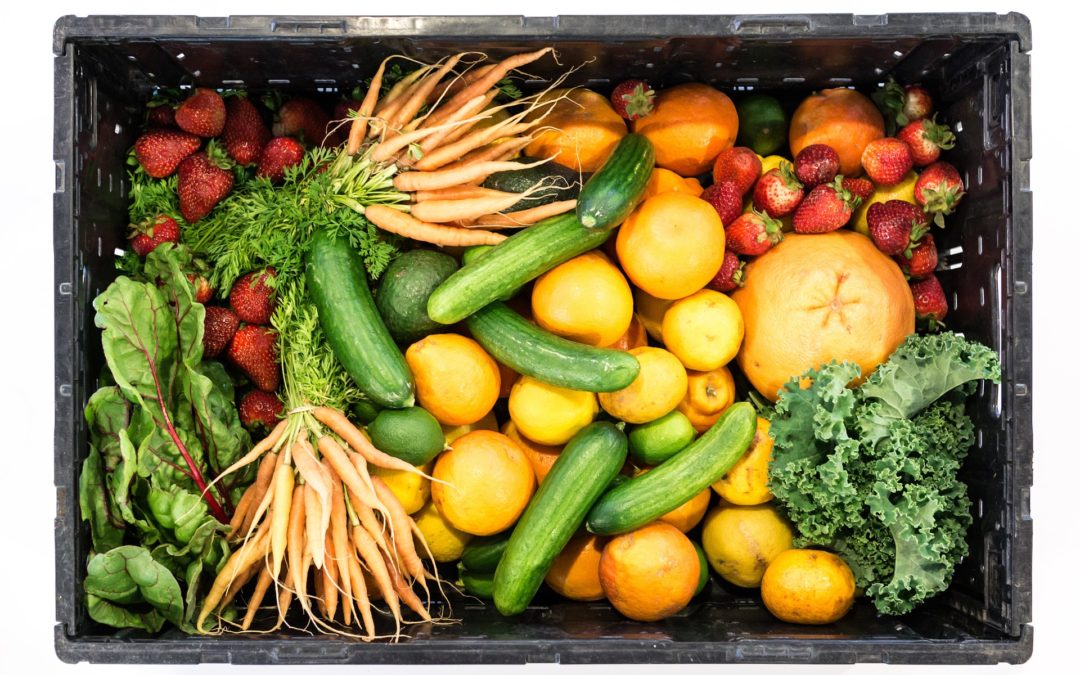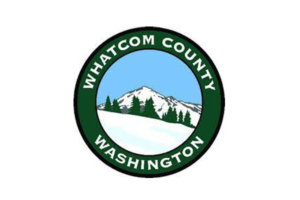With food shortages exacerbated by the pandemic, the Biden administration has announced a flurry of initiatives and funding opportunities to increase resiliency in food supply chains. Tucked into these announcements is the Local Food Purchase Assistance Cooperative Agreements Program, one we at New Venture Advisors are keeping an eye on.
The LFPA program is part of the “Build Back Better” initiative, authorized by the American Rescue Plan. This program aims to maintain and improve food and agricultural supply chain resiliency by awarding up to $400 million through non-competitive cooperative agreements with state and tribal governments to purchase food from local, regional, and socially disadvantaged farmers and ranchers. The contracts will allow them to procure and distribute local and regional foods and beverages that are healthy, nutritious, and unique to their geographic area and to give smaller producers access to larger markets.
This exciting new approach could allow for more inclusive and innovative food systems. Of course, only time will tell, but good food advocates are buzzing about LFPA for a few reasons.
|
The LFPA will only be as effective as the voices incorporated into its very fabric. The risk is that the program may continue to exclude those it intends to benefit. For example, the USDA’s Farmers to Families Food Box program, while helping increase distribution to food-insecure households, is criticized for its lack of inclusion. The program’s structure resulted in a race to the bottom to be the lowest bidder with the highest volumes, which eliminated the participation of small, disadvantaged farmers who could not compete.
To rewrite the narrative of government-backed programs, get involved with the initiative in your state (here is a list) before the application closes on May 6, 2022. The first year of the LFPA will focus on organizing, with opportunities for input on program improvements, so we encourage you to join the conversation with your state network. We are optimistic that better food system practices will emerge as a result. Also, be sure to follow the Wallace Center Food System Leadership Network where you will find up-to-date information and an ongoing discussion about LFPA.
Photo by Pixababy/StockSnap



